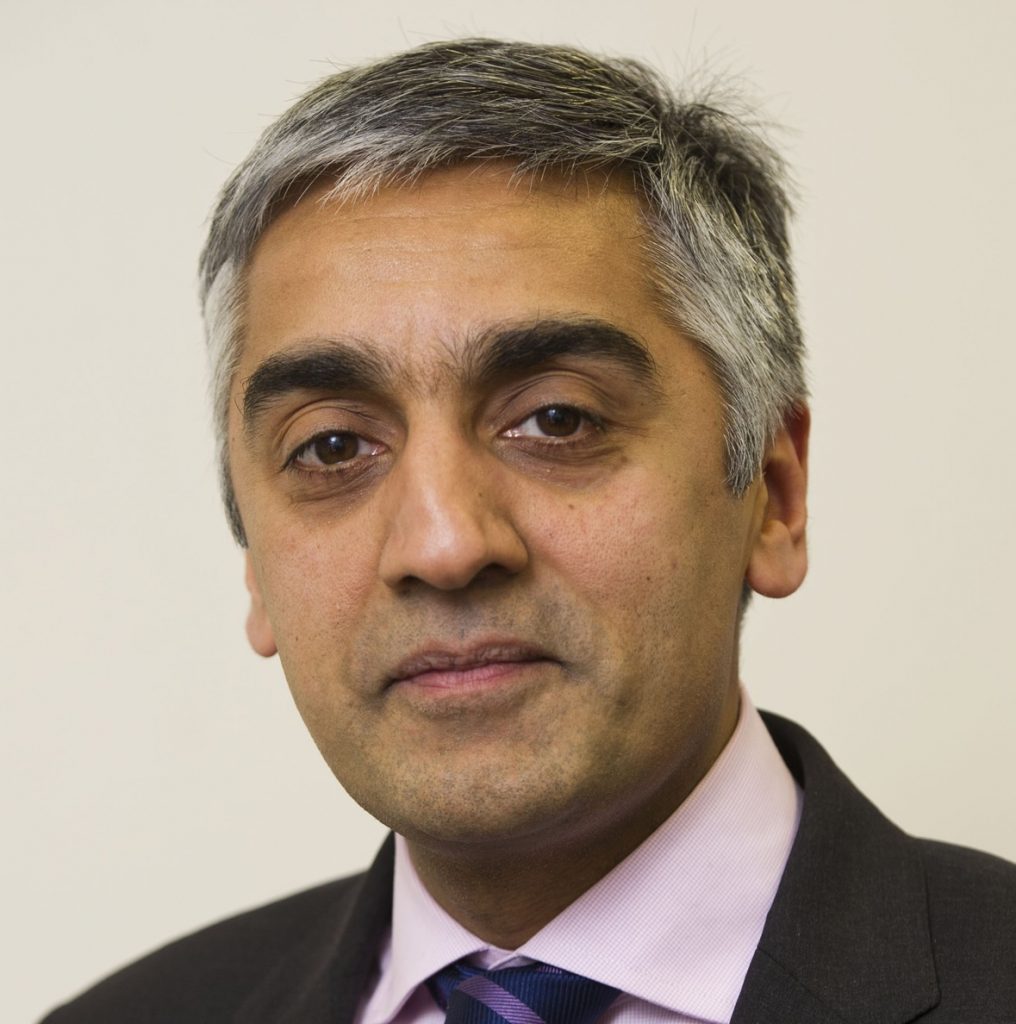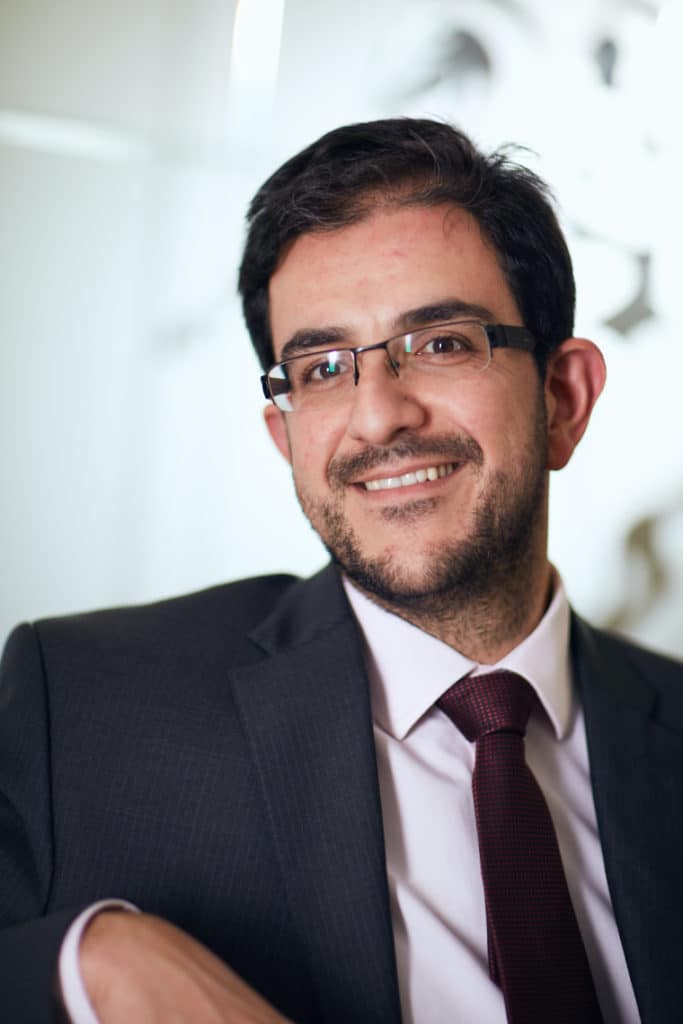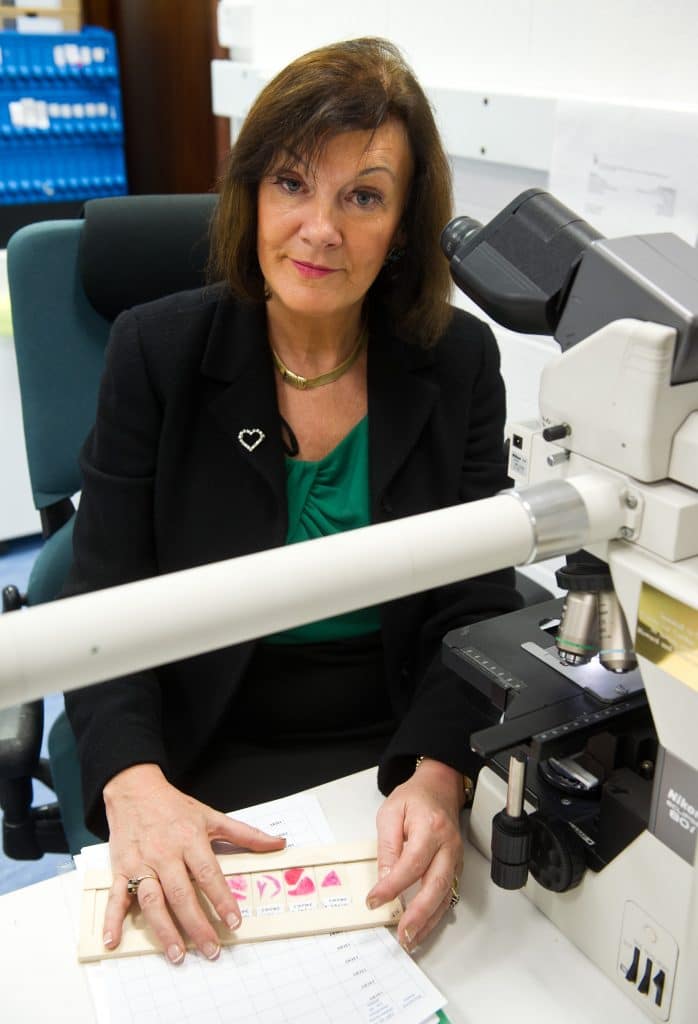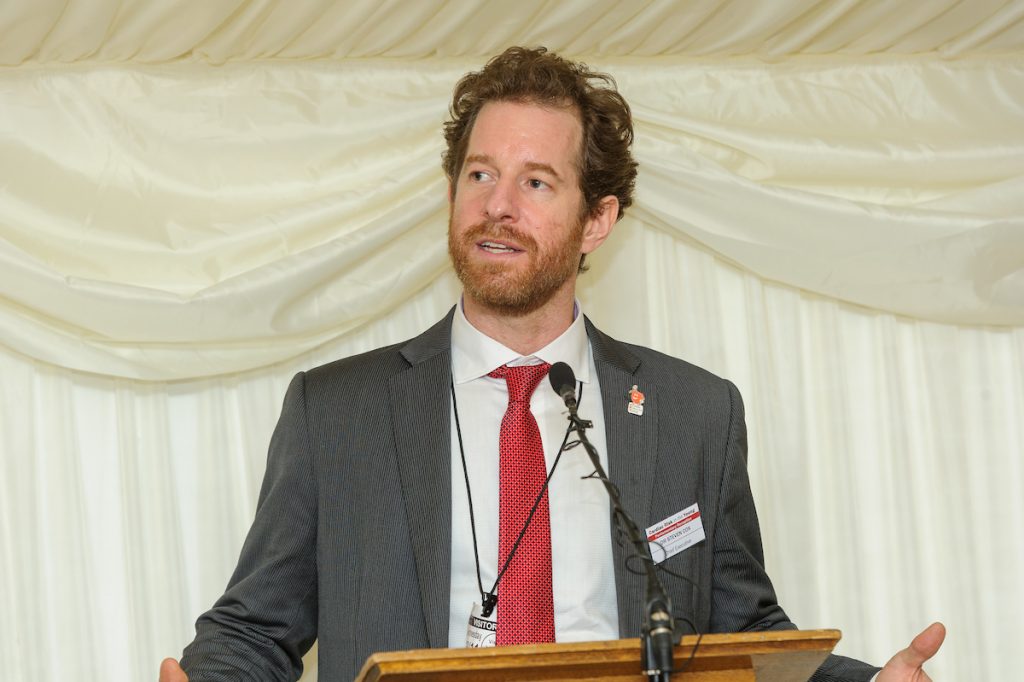Leading researchers associated with Cardiac Risk in the Young (CRY) will this week head up a pioneering panel of experts, discussing latest findings, thought-leadership and clinical guidance relating to the prevention and better understanding of sudden cardiac death in young people.
The academic – and interactive – event will be held at the Royal Society of Medicine on the afternoon of Thursday 20 July, as part of the esteemed “Medicine and Me” series (an ongoing programme of meetings which aim to provide an outline of current best practice and future updates around important health conditions).
Delegates will have the opportunity to hear from CRY’s leading experts in inherited cardiac conditions and to ask questions relating to their experiences – and expertise – in providing support to affected families and helping them to navigate services such as pathology and ‘follow up assessments’ for first degree relatives.
As well discussing latest developments in understanding of the causes and prevention of young sudden cardiac death, the one-day conference in association with the RSM will also and explore how to ensure the best quality of life for those who are living with diagnosed cardiac conditions.
The headline talks on the packed programme will be led by Professor Mary Sheppard, Professor Sanjay Sharma, Professor Michael Papadakis and Dr Joe Westaby (who all currently hold posts at St George’s, University of London) with subject areas including:
- The causes and prevention of young sudden cardiac death
- Methods for early identification of high-risk individuals
- Providing optimal care for patients with diagnosed cardiac conditions
- How to manage and support affected families
- Areas where further research is needed



The conference will also provide a platform for an open and informative public discussion around a hugely important piece of CRY-funded research, the results of which were recently published in the leading medical journal, ‘Histopathology’. The study is believed to have looked at the largest cohort of sudden cardiac death autopsy findings ever reported from one country. The research findings highlight the vital importance of expert post-mortem following the sudden cardiac death of a young person, underlying one of CRY’s key principles that improved knowledge and accuracy of the true incidence of YSCD in our population is the most effective way to improve risk stratification and develop preventative strategies for family members.
The large scale study, which investigated over 7,000 autopsies from a 25 year period, also showed that sudden arrhythmic death (SADS) was the predominate cause of death (up to 40%), alongside cardiomyopathies (conditions affecting the heart muscle), which accounted for around one fifth (22%) of sudden deaths.
As a result of this pioneering project which has been led by Professor Mary Sheppard (Director of CRY’s Centre of Cardiac Pathology at St George’s, University of London) There is now a national, cross-organisation pilot study integrating molecular autopsy and family screening into the assessment of SCD victims (with any related genetic testing taking place within the NHS).

Chief Executive Dr Steven Cox says; “It is such an honour to have been invited by our associates at the Royal Society of Medicine to develop and host this one-day conference, exploring so many important aspects relating to a better understanding of the causes – and preventative strategies – of sudden cardiac death in young people.
“The event gives us a unique platform to bring together four of the UK’s – if not, worlds’ – most eminent experts in the field, and to speak directly to our stakeholders and supporters about the huge steps that we as an organisation are taking to reduce the incidence of conditions which so often have devastating consequences.
“The conference programme addresses nine key issue areas, concluding with a enlightening presentation from CRY’s Consultant Cardiologist, Professor Sanjay Sharma, looking at ‘new frontiers’ in treatment and how treatments for inherited cardiac conditions are changing, with the emergence of new medications.”
Dr Cox adds; “I know that everyone joining us, whether in person or as a remote delegate, will also be fascinated to learn more about Prof Sheppard’s new study, which will open our programme of presentations, providing us with an incredible insight into the true incidence of conditions leading to YSCD.
“Through CRY’s Centre of Cardiac Pathology, Prof Sheppard receives well over 500 ‘young hearts’ every year which require her expert analysis to ensure families are given clear, accurate and compassionate answers regarding the cause of death of their relative – whether son, daughter, parent, sibling or partner as well as ensuring other families are aware of any potential, ongoing risk due to inherited risk.
“This really is a seminal piece of CRY-funded work and we will continue to discuss and share the key findings from this first published paper.”
Remaining places for the Medicine and Me: young sudden cardiac death conference on July 20th can be booked here.
A link to the full research paper; [Sudden arrhythmic death and cardiomyopathy are important causes of sudden cardiac death in the UK: results from a national coronial autopsy database] can be found here.




